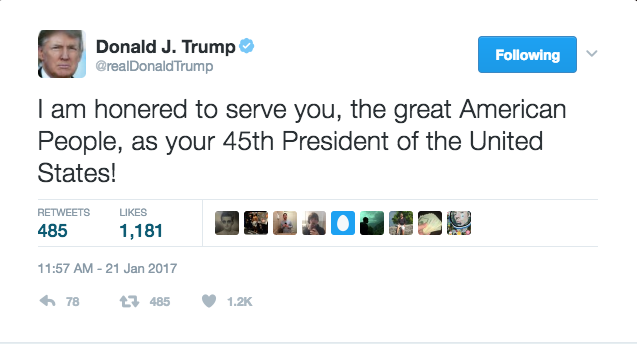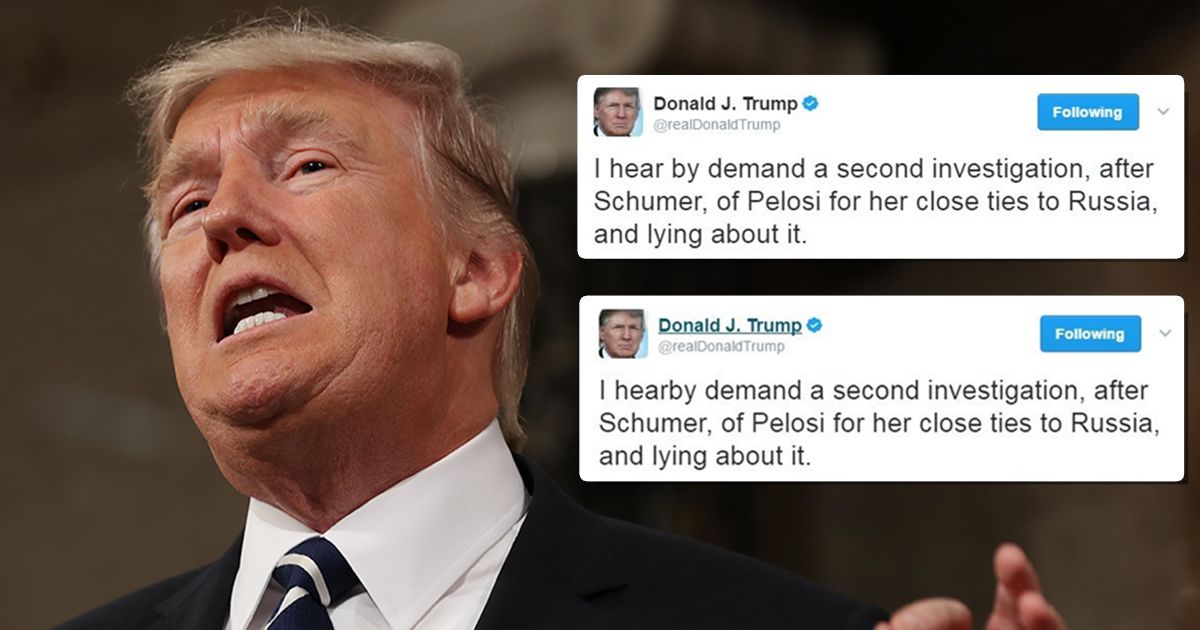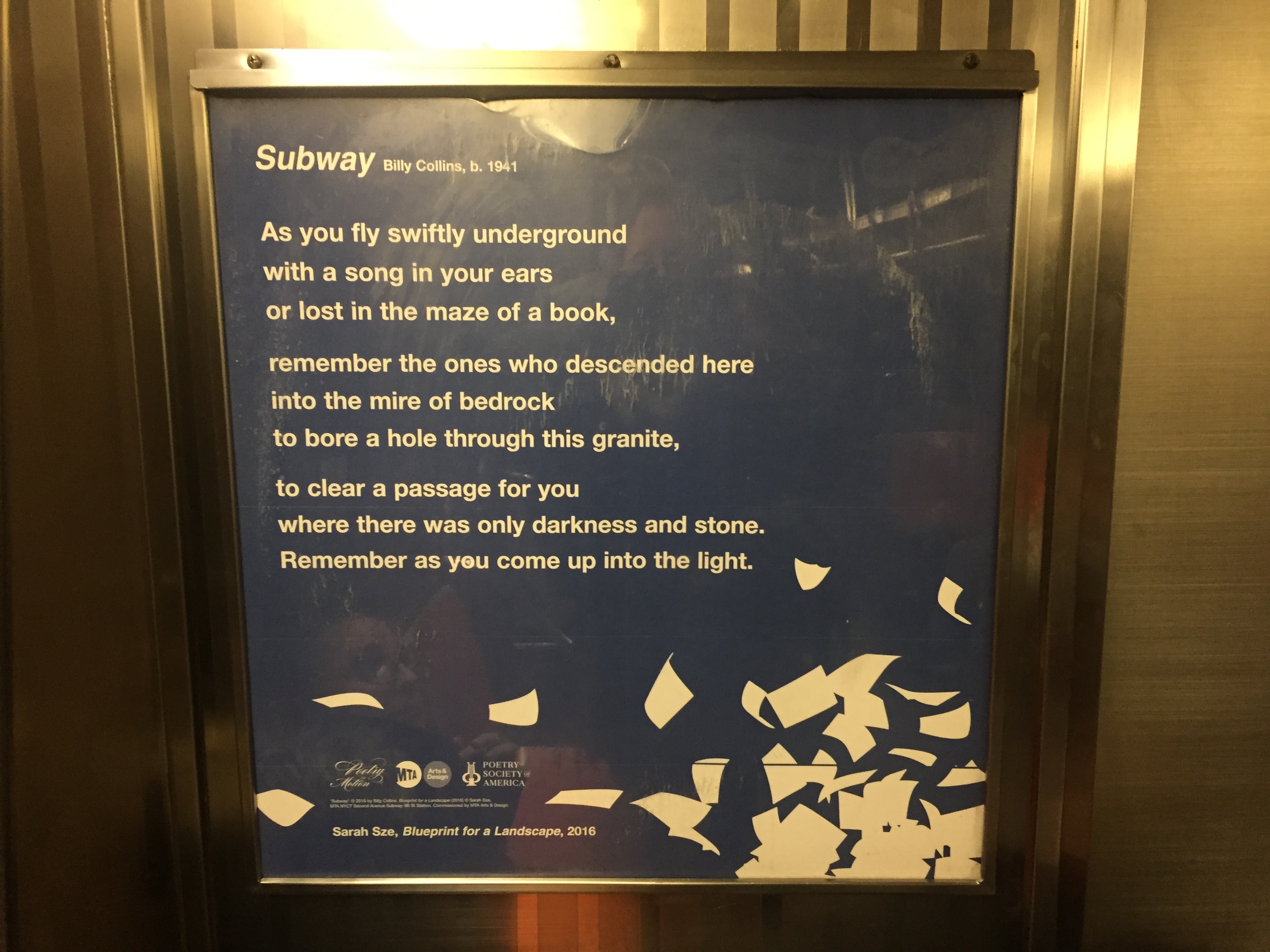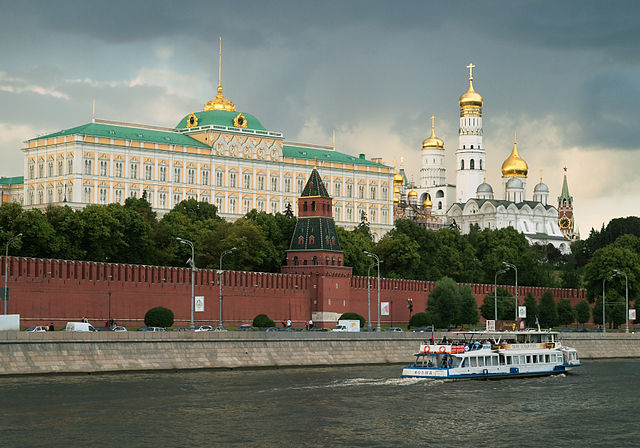On World Spelling Day, Glossophilia hear by presents an unpresidented spelling quiz on the subject of America’s 45th precident of the United States of America — “one of the dummer people on television” (Donald Trump — not about himself — in a June 2015 pre-presidenshal tweet). How many spelling errors can you count in the President’s tweets illustrated below? Continue reading
“Alternative” or “alternate” facts?
“Kellyanne Conway says Donald Trump’s team has ‘alternative facts.’ Which pretty much says it all’,” reported the Washington Post recently. Well, these ‘alternative facts’ issuing from our new President’s administration might be wrong, but at least the adjective Conway uses to describe their facts is correct on both sides of the Atlantic. She could easily have used the alternative adjective and called them ‘alternate facts’.
“Alternative facts” are the new lies. And at least in America, they can also technically be known as “alternate facts,” which will grate on many an Englishman’s ear. Take the following examples:
The day before the inauguration, the New York Times reported that “around the country, an unusual number of alternate activities are planned to coincide with weekend events surrounding the inauguration of President-elect Donald J. Trump and the Women’s March on Washington.” And in the same article, discussing her own event that she hosted up in Washington Heights, the actress Ellen Burstyn explained: “It’s not a protest,” “It’s an alternate reality.”
Yes, in America we don’t just have alternative facts, but we also have alternative words for alternative. On this side of the pond, alternate is a synonym of alternative (as well as being an adjective describing things that are alternated). This is presumably a case of linguistic evolution, in which a word frequently confused with and substituted for its similar-sounding colleague has been absorbed into the vernacular with the ‘wrong’ meaning becoming standard and legit.
As Oxford Dictionaries explains succinctly: “In both British and American English the adjective alternate means ‘every other or every second’, as in they meet on alternate Sundays, or ‘(of two things) each following and succeeded by the other in a regular pattern’, as in alternate layers of potato and sauce. Alternative means ‘available as another possibility or choice’ (an alternative route; some European countries follow an alternative approach). In American usage, however, alternate can also be used to mean ‘available as another choice’: an alternate plan called for construction to begin immediately rather than waiting for spring. This American use of alternate is still regarded as incorrect by many people in Britain.”
Poetry in motion: “Subway” by Billy Collins
Chad, Brad and other tools
As my friend Clyde recently, idly, commented on Facebook: “4am thought. It’s pretty random that the paper fragment created when you three-hole punch paper is called a “Chad” and the brass fastener you put through that hole is called a “Brad”. Why do these stationery terms have the most bro-y names (ironically, possibly names of people most likely to generally punch holes in things)?” Jacob B had some more bro-y names to add to the toolbox: Continue reading
A selective list of literacy charities & programs

In Port Morsby, Papua New Guinea, children are seen at Buk bilong Pikinini (Books for Children), an independent not-for-profit organisation that aims to establish children’s libraries and foster a love of reading and learning.
Literacy and access to information have been shown to reduce poverty, providing opportunities for work, increasing household income, even improving the health of children. A child born to a mother who can read is 50% more likely to survive past the age of five.
At a time when literacy and education are under threat from the new U.S. administration, and people are looking to donate to causes that matter to them, Glossophilia offers a selective list of charities devoted to improving literacy and promoting a love of reading. Please feel free to add links to other notable organizations supporting literacy, and please donate what you can to this important global cause. Continue reading
The spelling (& Jerkish) of the President: update
 We are humbeled, Mr President.
We are humbeled, Mr President.
UPDATE:
As the great American novelist Philip Roth has recently commented to the New Yorker: “Whatever I may have seen as their limitations of character or intellect, neither [Richard Nixon nor George W. Bush] was anything like as humanly impoverished as Trump is: ignorant of government, of history, of science, of philosophy, of art, incapable of expressing or recognizing subtlety or nuance, destitute of all decency, and wielding a vocabulary of seventy-seven words that is better called Jerkish than English.”
~~~~~
The language of loos and johns
“Inauguration planners rushed to wipe away a potential controversy Friday after porta-potties on the National Mall happened to be adorned with the President-elect’s first name. Workers were spotted Friday morning covering the “Don’s Johns” logo with blue masking tape. … Trump, whose middle name is John, will be inaugurated as the 45th president of the United States at the US Capitol next Friday, an event expected to draw thousands of onlookers onto the National Mall who will use the facilities, of which there are about 2,000. The company [Don’s Johns] is the number-one provider of sanitation services in the Washington area.” So reported CNN a couple of weeks ago, before the country started going down the lav (or the toilet, or the WC …). Oh, where to start …
Perhaps surprisingly, the language of loos is something Glosso hasn’t yet addressed. It’s such a mess of expressions that stream from our mouths and tongues when we refer to that little room of excretion, and yet it’s a topic that no-one can really avoid, even if only when you have to ask how to get to the lav — or the john. With their various whiffs and odors of place, class and manners — from the perfumery of hair powder in the 17th-century French toilet to the stench of Don’s Johns in dirty D.C. — the words for our potties plastic and porcelain and where we house them are teaming and flowing with linguistic innuendo. Let’s dive in … Continue reading
With a hey nonny nonny and a diddle dildo …
Reposted today. Just because.
A dildo, you might think, is a modern contraption and a word of our times — something that sprang to life with the advent of battery-operated toys and women’s lib and all that. But you would be wrong to believe that. It was alive and healthy and serving its perky purposes way back in heady Elizabethan times, and it found its way not only into the bawdy boudoirs of the 16th century, but also into the rhyme and verse of the period’s literary and musical fare. Continue reading
The lost speech and other words of Martin Luther King, Jr.
On September 12, 1962, Martin Luther King, Jr. gave a speech at the Park-Sheraton Hotel in New York City to commemorate the centennial of the Preliminary Emancipation Proclamation. It was thought that the only record of the speech was a typewritten script annotated by an audio engineer, but 41 years later — in November 2013 — an intern at the New York State Museum in Albany uncovered the only known recording, which can be heard here.
Some other words of the great civil rights leader whose birth we commemorate today follow below.
Kompromat, and polezni durak
Kompromat (Russian: компромат; short for компрометирующий материал, literally “compromising material”) is the Russian term for compromising materials about a politician or other public figure. Such materials can be used to create negative publicity, for blackmail, or for ensuring loyalty.
Will kompromat be 2017’s word of the year?
And while we’re on the subject of Russian turns-of-phrase: a “polezni durak” is how Michael Hayden, a former head of both the CIA and NSA, has described President-elect Donald Trump. Translation: a “useful fool.” This term (полезный дурак, tr. polezni durak) has been attributed to Lenin by some Russian writers (e.g. Vladimir Bukovsky in 1984) and Western commentators. However, in 1987 American journalist William Safire noted that a Library of Congress librarian hadn’t been able to find the phrase in Lenin’s works. The book They Never Said It also suggests the attribution is false.
~~~~~~









